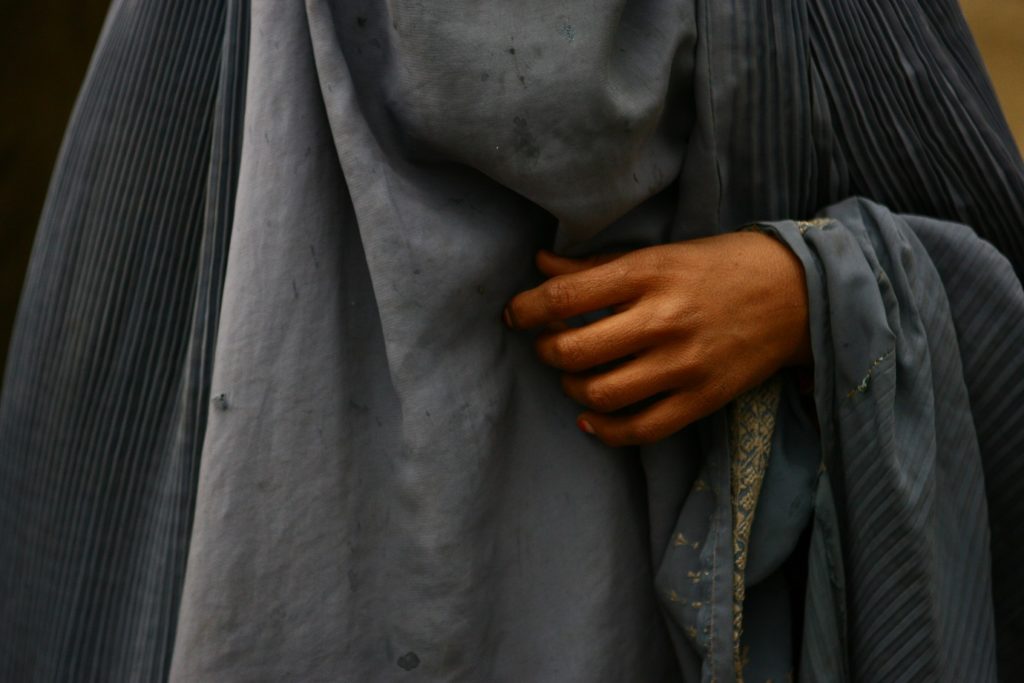In a rare victory for women’s rights in Afghanistan, mothers’ names will be permitted to be included on their children’s birth certificates.
The Afghan government accepted a proposal for the inclusion of both parents’ names on birth certificates earlier this month, after a long campaign by women’s rights activists.
Since 2017, campaigners in Afghanistan have used the hashtag #WhereIsMyName on social media to push for the names of women to be included on official documents. Until now, birth certificates have only carried the name of a person’s father, and the right to have names on other identity documents has been solely reserved for men.
In the conservative country, women’s names are normally not included on their own wedding invitations, and are often not marked on their graves. There is such a taboo about women having a public presence, that some consider saying a woman’s name in public offensive. Women are often referred to by the name of a close male relative instead.
The Afghan cabinet’s legal committee headed by Vice President Sarwar Danish, said the amendment is a “big step forward” for women.
“The decision to include the mother’s name in the ID card is a big step towards gender equality and the realisation of women’s rights,” the committee said in a statement.
The small win for women comes as the future of women’s rights hangs in the balance in Afghanistan, with the government currently in peace talks with the Taliban in Qatar. As the negotiations continue, some women fear the small number of rights they have gained in recent years may be lost.
Laleh Osmany, one of the founders of the #WhereIsMyName campaign, told the New York Times the change to include women’s names on birth certificates “is about restoring the most basic and natural right of women that they are denied.”
“By printing her name, we give the mother power, and the law gives her certain authorities to be a mother who can, without the presence of a man, get documents for her children, enroll her children in school, travel,” Osmany said.

